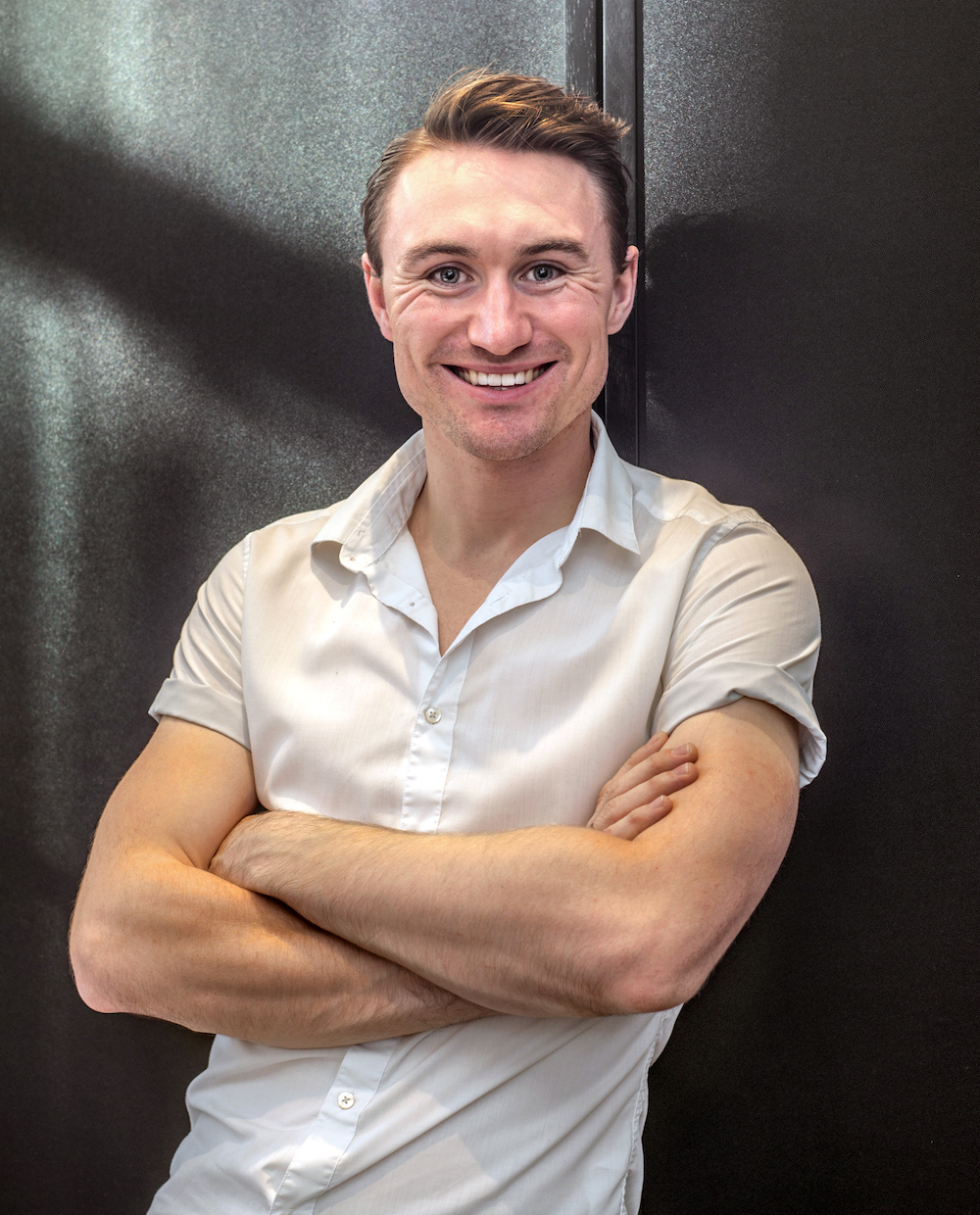For article two in the Hotel Designs LAB series, Hotel Designs and Arigami move past sound in design. Founder of Arigami Ari Peralta and editor Hamish Kilburn compile the thoughts of neuroscientist at NASA Human Research Program and a neurofeedback technologist at MuArts to dive beneath the surface of safe design and emotional wellness…
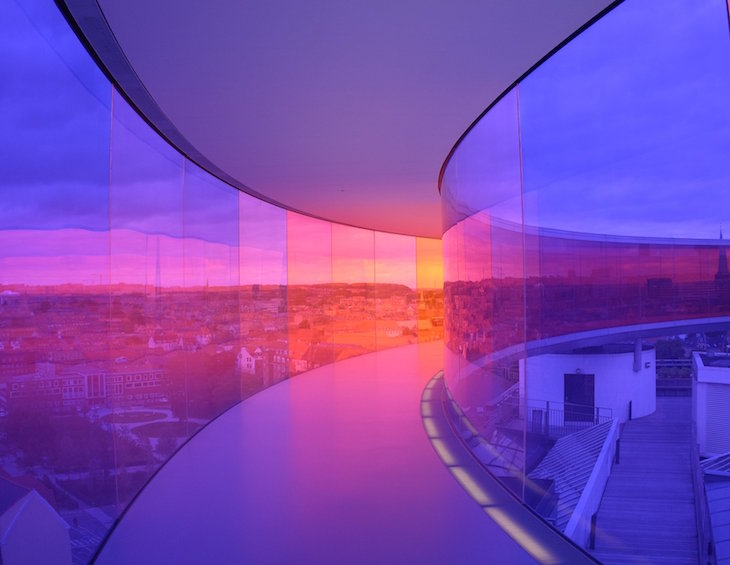
Contributors to this article:
- Dr. Francisco Teixeira , neurofeedback technologist at MuArts.
- Dr. Jancy McPhee, neuroscientist at NASA Human Research Program
- Ari Peralta, founder, Arigami
- Hamish Kilburn, editor, Hotel Designs
Safety is much more than physical, structural or environmental; safety is personal and emotional. ‘Safe design’ refers to a comprehensive approach to hospitality design in which guests’ emotional wellbeing is the top priority.
Just because you are ready to reopen your doors doesn’t mean your customers are ready to return. Guests are afraid and looking for more details and reassurance.
Many people are paralysed by the fear of entering a hotel, airport, ship etc. and are therefore willing to delay their holidays. Even guests who say they are ready to return to a hotel are still fearful about aspects of the experience. If these fears are confirmed, or left unaddressed, consumers might reconsider how soon they will book their travel altogether.
Guests need to hear how property managers are prepared to keep them safe – and they need to hear it often. People want to hear what precautions are being taken and what protocols are in place, including the minor details.
The industry’s definition for ‘safety’ has drastically changed in recent months. What started out as an effort to provide a physical environment, free of hazards, has significantly evolved into a multi-tiered definition that includes security, data protection, privacy, and sometimes even anonymity.
As the invisible pandemic continues to severely impact human lives along with crumbling the global economy, the travel/hospitality/tourism sectors need to quickly adapt and better define what ‘safety’ means to their brand. Next, ensure that definition aligns with that of your customer segments.
Recognising the broader need for safe design, we’ve integrated psychological, emotional and technological insight into hospitality design. We spoke to Dr. Jancy McPhee, neuroscientist at NASA Human Research Program and Dr. Francisco Teixeira, neurofeedback Technologist MuArts. Both of them helped us shape our article with the aim of unlocking key actionable design insights.
Together in this article, we have explored:
- Safety and Psychology
- Safety and Emotions
- Safety and Technology
- Design strategies to increase guest emotional wellbeing
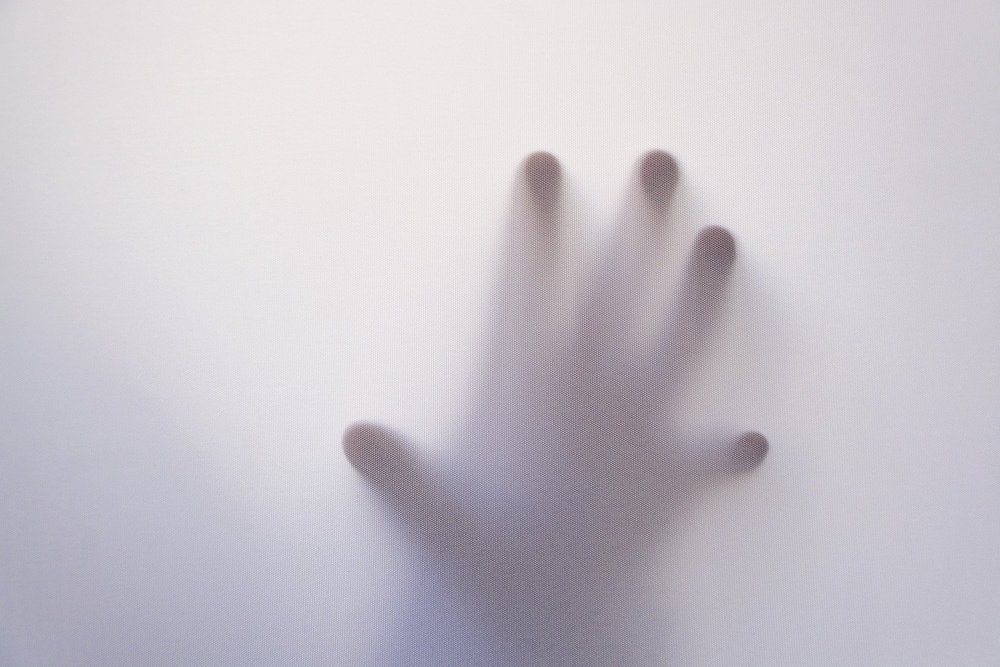
Safety and psychology
Psychological safety comes from within us; it is the ‘self awareness’ of what we’re feeling. This ability gives us the opportunity to identify our feelings and then take the ultimate risk of feeling them. Safety is a universal experience. Being safe can be defined as free from harm or hurt. In other words, feeling safe means one does not anticipate either harm or hurt, emotionally or physically.“We don’t see things as they are, we see things as we experience them,” says Dr. Francisco Teixeira, neurofeedback at Technologist MuArts.
Currently, the biggest challenge being faced by hotels is finding ways to mitigate the spread of the coronavirus while ensuring guests feel safe and positively distracted. We understand that achieving safety and designing for safety are two different things, yet there is a lot we can learn from human behavioural studies.
At NASA, there has always been a strong emphasis on design and safety, including psychological safety. Dr. Jancy McPhee, neuroscientist at NASA Human Research Program, suggested that we break down safety into the following categories: body, mind and environment. Safety in the physical (body), myself, my food and my stuff. Safety in the psychology (mind), my mental health. Safety in the environment (space), my room, my surroundings. Let’s take ‘space’ and break it down even further: Personal Spaces, Shared Spaces, and High Volume Spaces.
Personal spaces are zones in which the hotel guest(s) have a significant amount of privacy and personal space such as a hotel room or suite. Here, guests would likely only encounter hotel staff that are providing guest services and housekeeping services. Shared spaces are zones in which the hotel guest(s) have limited interaction with other guests, such as a private guest cabana by the pool. High volume spaces refers to zones with a high amount of foot traffic, these include lobbies, main restaurants and elevators. Each one of these categories would yield a wide range of definitions for safety, from one person alone, so imagine the various definitions involving millions of travellers.
“Can you remember a time when you didn’t feel safe? Pause for a moment to really think about it.”
Thankfully behavioural psychology allows us to group categories of people and study the relationship between their personality types and their range of definitions for safety. Using self-assessments like Big 5/OCEAN/TYPEE can enhance a hotel brand’s ability to better understand safety definitions across a wide range of guests.
Safety and emotions
Can you remember a time when you didn’t feel safe? Pause for a moment to really think about it. Perhaps you were separated from your friends in a large crowd at a concert. And for a few moments felt a sensation of utter panic. Now can you remeber the last time you felt empathetic towards someone else’s feeling of unsafety? “Empathy is an important thing to foster because it’s at the foundation of caring and that leads to safety and trust,” explained Dr. Jancy McPhee. Feeling safe is not something we discuss often. For example, when a friend asks ‘How are you’ we rarely respond by telling them we feel safe.
Understanding emotions is significantly more complex than understanding personality types. Behavioural findings across many different tasks and paradigms indicate that perception is facilitated and attention prioritised for emotional information. Emotional stimuli may draw attention more rapidly and impede attentional disengagement for a longer time.
One emotion we often feel, without consciously knowing it, is the feeling of safety. An experience in which one feels safe enough to express emotions, security, and confidence to take risks and feel challenged and excited to try something new, isn’t simple to observe and quantify. The main reason for this is because several emotions often compete for attention during traumatic events that made us feel unsafe. “Our aim is to identify patterns of needs and help bridge the gap between science and technology to properly approach how to design for emotions, which varies with each individual,” explains Dr. Francisco Teixeira.
Emotionally safe environments can be achieved by hotels that take a behavioural and experimental approach to its design processes. Safety is unlike any other emotion. It requires a hyper-personalised set of conditions that are already pre-defined in most individuals. This presents an opportunity for hotels to improve smart profiling, and learn more on what exactly safety means to your guests.
Safety and technology
Hotels are rolling out new services and campaigns as a way to supply that feeling of safety. Many global brands are investing in technologies that are aimed at monitoring things such as mask wearing and elevated body temperature via infrared cameras. “At the moment, the goal is increasing your guests’ confidence that you’re not mingling with a mob of unmasked, undiagnosed Covid-19 sufferers,” adds Teixeira.
Dr. Teixeira works with individuals suffering from anxiety and clinical depression. Understandably, people are nervous about leaving their homes for groceries or for a stroll, let alone traveling and staying in a hotel. But as confinement restrictions ease, many are relying on technology to ensure they have a safe getaway. It’s vital that each hotel property develops a portal with information, including how to access apps and other smart solutions that could enhance the value proposition to your guests, particularly those seeking additional layers of safety and comfort.
You want your guests to feel safe and installing security cameras is a logical way to achieve this. However, just having a surveillance system in place isn’t enough. Safety doesn’t end with a security system as of 2020, hotels have become a prime target for cyberattacks. According to several industry reports, the hospitality industry has the second-highest number of cybersecurity breaches, with most of the prominent hotels in the industry having fallen victim to breaches.
Just as it is for your own personal devices, password security is also important for your hotel. You can reduce online data security risks and ensure the safety of files and information by keeping on top of your systems and regularly updating them. You should also be making sure that backing up your data becomes a habit so you can eliminate the risk of losing it or having it irretrievably damaged. A recommended strategy is to use a cloud service daily, have weekly server backups and follow these up with quarterly server backups and then yearly backups.
More developers, inventors, and manufacturers are actively trying to make life safer across all areas. Whether you’re at home, in your car, or out in the world, there are technologies meant to keep you healthy and secure no matter what you’re doing. Some of the most advanced technologies show up in your house, in your vehicle, and even in your cell phone. And, after the unprecedented global shutdown due to the coronavirus pandemic left millions of hotel rooms empty, the hotel industry needs to make significant efforts to gain public trust and rebuild business. There is much to consider for those in the hospitality industry, but one thing is certain, safety and guest emotional wellbeing shouldn’t be an afterthought.
Design strategies that can help increase guest emotional wellbeing
There is a significant amount of evidence and complex research that can be intimidating to most design firms. The following key insights promote safe design strategies that can help increase guest emotional wellbeing:
1) Ritualise Your Safety Protocols
Most hotel chains have upgraded (already stringent) health and safety precautions by developing new protocols in consultation with industry and health organisations, making sure their properties are in compliance with current Covid guidelines. There is no doubt that Hotel cleaning protocols top that list and will be highly visible to your guests. Hotels want guests to see their efforts and feel confident in the hotel’s promise of deep cleaning, enhanced cleaning, and retraining staff on proper cleaning techniques. It is imperative that the holiday flow is not interrupted by such rigorous protocols. For us, it’s not a question on which protocol to apply, instead we are referring to aspects that can be creatively integrated into a new guest experience. Ritualising certain aspects of your safety protocols will demonstrate your commitment to safety, in all aspects of the word, in particular, emotionally.
“The biggest mistake a hotel can make right now is to put out a flat ‘we’re open’ message. Instead, you need to reassure guests and respond to their emotions surrounding COVID-19,” concluded Dr. Francisco Teixeira.
2) Certify your cleanliness
Before the pandemic we saw many strategic wellness partnerships lead a new wave for a hospitality-driven digital marketplace. The same trend continues on now but much more related to branded hygiene programs such as Marriott’s Commitment to Clean initiative; Hilton’s “CleanStay With Lysol initiative (developed in consultation with the Mayo Clinic); and Hyatt’s Global Care & Cleanliness Commitment . Accor, the largest hospitality company in Europe, partnered with insurance provider Axa to launch its ALLSAFE label. Shangri-La Group announced Shangri-La Cares.
These cross-brand relationships will continue to evolve as the future of hospitality strongly relies on strategic brand partnerships that can help leverage travel data into a larger marketplace or platform. We recommend that small hoteliers partner with local hospitals and local health organisations to provide an added layer of help to support the needs of your community of guests.
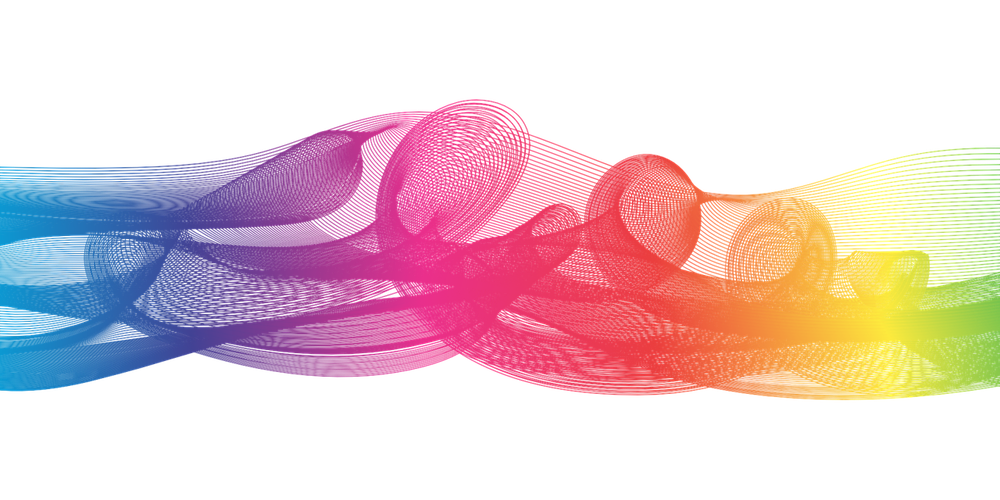 3) Revamp ‘self-care’ offerings
3) Revamp ‘self-care’ offerings
By now we know that wellness is not a passive or static state but rather an “active pursuit” that is associated with intentions, choices and actions as we work toward an optimal state of health and wellbeing. It extends beyond physical health and incorporates many different dimensions that should work in harmony. From spiritual support, to telemedicine, to cooking classes to financial workshops, these new offerings will enable hotels to take wellness beyond the spa and into a new digital marketplace for travellers seeking self care solutions.
“Designing flexible or modular spaces enables guests to have a much more dynamic and open interpretation of safety.”
4) Design flexible spaces
Earlier in the article we discussed different types of safety needs based on various types of hotel spaces or zones. Because of the complexities involved we wanted to suggest a creative solution that allows hoteliers and designers alike to circumvent many predispositions on safety with any given space, by keeping the brain guessing.
Designing flexible or modular spaces enables guests to have a much more dynamic and open interpretation of safety, because their perceptual barriers towards the function or use of such space are no longer fixed. If executed correctly, guests are intrigued and distracted enough to feel more safe and want to engage in such transformation themselves.
5) Enable outlets
This was a brilliant suggestion from Dr. McPhee, reminding us all of the importance of having outlets for people to express themselves and their needs. This is another opportunity to learn from other markets and find ways to adapt innovation into the hospitality industry. We need to evolve our thinking into solutions that shift the delivery but not in results. For example, for guests fearing going to your gym, develop a gym care kit system that enables guests to work out with ‘lite equipment’ that is hygenised and can be delivered to their room. “Hotels need to reassure their guests that they still have the outlets they need,” explains Dr. McPhee. “They can rethink how that outlet might have to change in current times and help the guest to have the experience that they need to feel safe and well.”
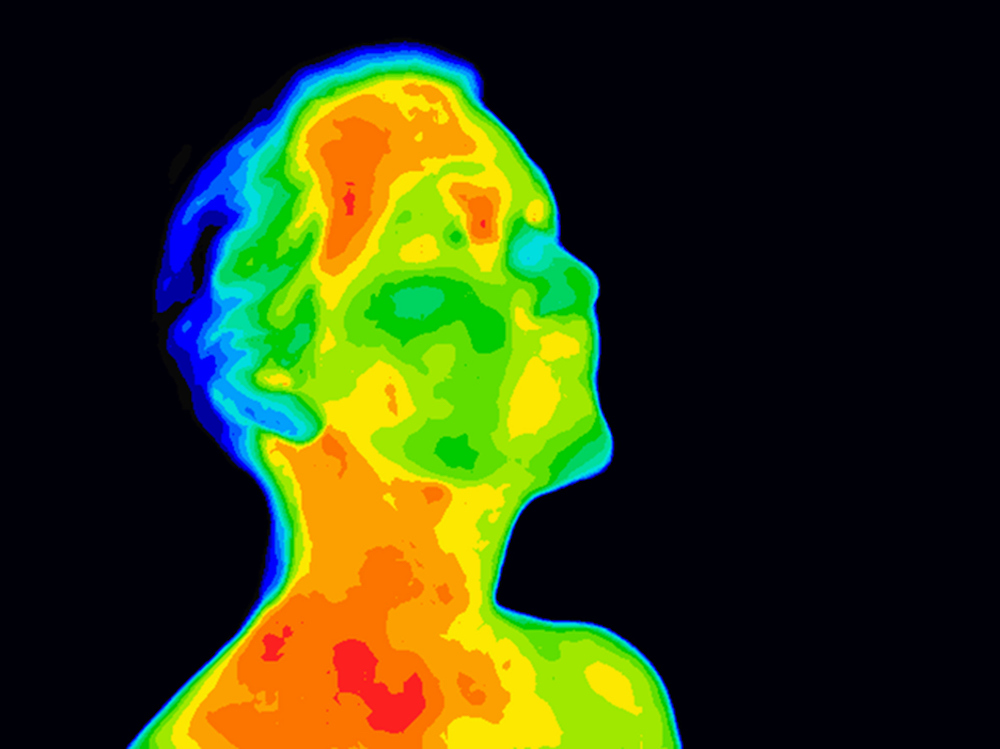
What’s ahead?
Ultimately, safety is more about caring for others than it is about trust or comfort. So staff training in all aspects of hospitality is key to success, and this includes caring enough to convey safety. It’s important that staff have full training in protocols and sensitivity training. Now more than ever, the hotel staff needs to demonstrate respect and caring for the guest.
“What we have learned from space exploration is the importance of a well-trained team,” says Dr. McPhee. “They need to be adept at working together seamlessly with clear roles and responsibilities, and concern for their impacts on each other and the mission. They have to have clear instructions what to do under each set of conditions – foreseen and unforeseen. Repetitive training is key.”
Your staff team should be fully briefed about what to do in the case of an emergency. Regular meetings with law enforcement and emergency services should be scheduled so you have a good communication plan in place and can update it as and when required. In doing so, you can prepare and position your staff as an extension of your safety initiatives made up of a team of calm, knowledgeable and caring individuals.
Arigami is a research and innovation consultancy focused on wellbeing. We help our partners strategise, validate and measure wellbeing. We believe the industry must evolve, and with nimble research, we can maximise the impact of wellbeing strategies. It’s time to work together to transform hospitality into the leading industry combating anxiety and stress and improving the health of travellers globally.
All image credits: Pixabay




